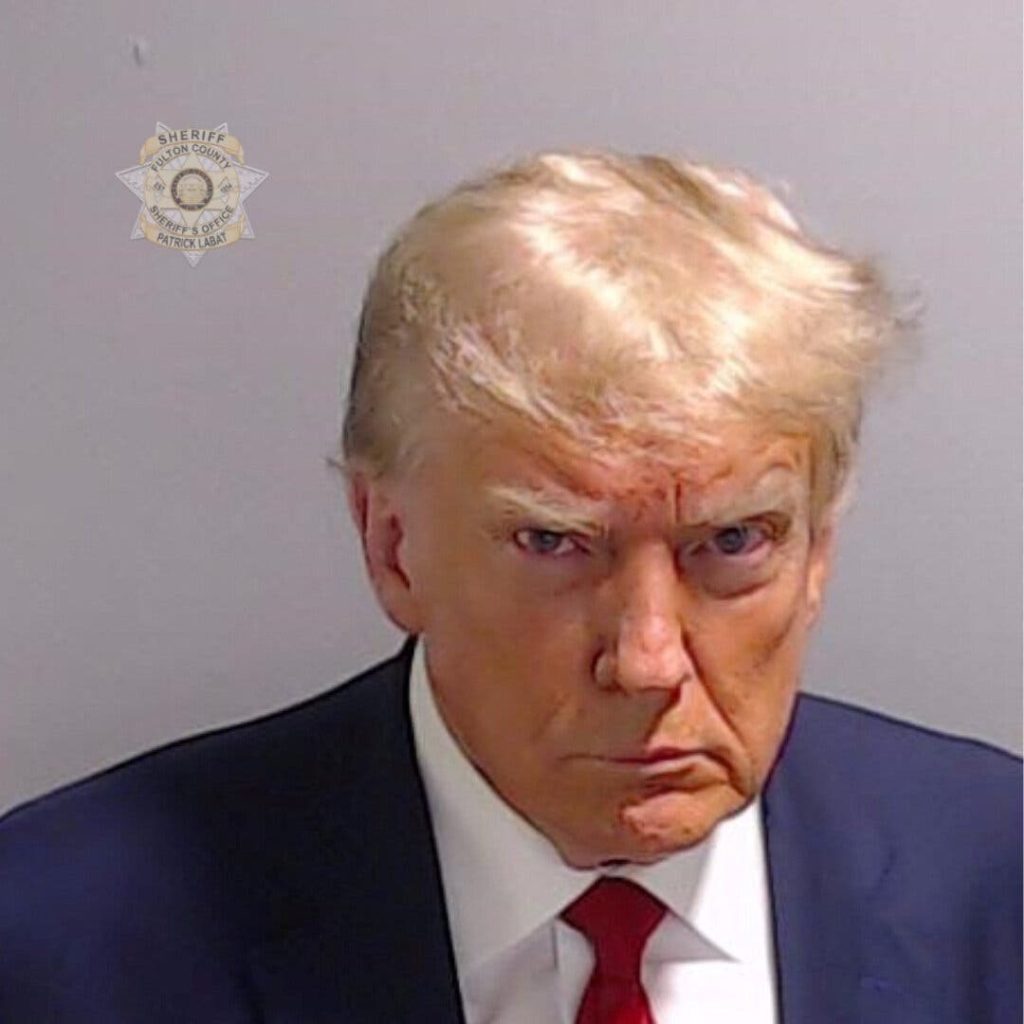
Please Follow us on Gab, Minds, Telegram, Rumble, GETTR, Truth Social, Twitter
The three-judge panel of the U.S. Court of Appeals for the D.C. Circuit - consisting of two democratic appointees and one republican appointee -has ruled in a 57-page decision Tuesday that Mr. Trump is not immune from criminal prosecution for acts committed while he was president.
In short, former President Donald Trump can be prosecuted on charges of conspiring to overturn the 2020 election as alleged by Special Counsel Jack Smith’s indictment.
Trump’s lawyers have argued that the former president was immune from criminal charges because his actions were within the legal confines of his presidential duties.
The unanimous ruling struck down Trump’s argument Tuesday.
It is a setback for Mr Trump, who has for years cited presidential immunity.
"We cannot accept former President Trump's claim that a president has unbounded authority to commit crimes that would neutralize the most fundamental check on executive power - the recognition and implementation of election results," the opinion reads.
"For the purpose of this criminal case, former President Trump has become citizen Trump, with all of the defenses of any other criminal defendant,” the court added.
The Trump campaign spokesman Steven Cheung said the former president "respectfully disagrees with the D.C. Circuit’s decision and will appeal it.”
Trump’s lawyers have until February 12 to file an appeal.
The case could ultimately go to the U.S. Supreme Court, where conservatives hold a 6-3 majority, if the Supreme Court agrees to hear the case.
"If immunity is not granted to a president, every future president who leaves office will be immediately indicted by the opposing party," Cheung said. "Without complete immunity, a president of the United States would not be able to properly function."
The three-judge panel decided that granting a president immunity would pose a threat to the balance of power when the three distinct branches of government - executive, legislative and judicial - are supposed to serve as checks and balances on each other.
"Former President Trump's alleged efforts to remain in power despite losing the 2020 election were, if proven, an unprecedented assault on the structure of our government," the three-judge panel wrote.
The judicial opinion asserted that "former President Trump's stance would collapse our system of separated powers by placing the president beyond the reach of all three branches.”
"We cannot accept that the office of the presidency places its former occupants above the law for all time thereafter," the three judges wrote.
Although a set-back for Trump and his legal team today, it may prove to be a win for Trump and his defense team down the road.
US Special Counsel Jack Smith has charged Trump with conspiracy to overturn the 2020 election and fraudulently attempting to stay in office.
The trial in that case was initially scheduled for March 4, but the court postponed that trial pending a ruling on this immunity case. Smith’s case now could be indefinitely delayed until the U.S. Supreme Court rules on the expected appeal. The March 4 date has been removed from the federal court’s calendar.
The Supreme Court has three choices before it:
Alternatively, Trump’s attorneys could request the full 11-judge DC Circuit Court of Appeals review and reconsider Tuesday three-judge panel ruling. Six of the eight remaining judges on this court of appeals would have to back that decision.
The only other option would be the possibility of Judge Tanya Chutkan, the presiding judge in Jack Smith’s prosecution of Donald Trump over January 6, to postpone that trial until after the November election.
Subscribe to our evening newsletter to stay informed during these challenging times!!